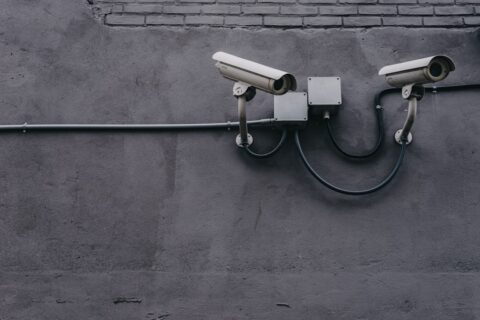ADHD and depression test, what is the relationship between them? ADHD or Attention Deficit Hyperactivity Disorder is a mental disorder that causes people to have trouble focusing on one task. ADHD also causes a person to be hyperactive and impulsive. Depression on the other hand is a mood disorder that has been linked to ADHD in some cases.
In this article, we will look at 3 main points: how ADHD affects someone’s life, how ADHD can lead to depression, and finally what you can do if you think you might have both of these disorders.
How does ADHD affect someone’s life? ADHD can affect someone’s life in many ways: ADHD is the most commonly diagnosed mental illness of children, and it affects boys more than girls. ADHD also impacts a person’s self-esteem; this is because they may be rejected by their peers or family members due to impulsive actions or not being able to concentrate on one task.
What happens when ADHD leads to depression? Depression has been linked to ADHD, but there are some cases where ADHD does not lead to depression. The two disorders share common symptoms such as poor concentration, low energy levels, fatigue, and difficulties with memory.
However, in these cases, people do not experience “sadness” that would classify them as having clinical depression according to Dr. Daniel Amen in his article about ADHD and depression. ADHD is usually diagnosed in children between the ages of five and nine while clinical depression is usually diagnosed in adulthood.
Depression symptoms, on the other hand, are experienced by people of all ages including children with ADHD who have had it since they were young or even knew that they had ADHD when they grew up.
-These two disorders share common symptoms such as poor concentration, low energy levels, fatigue, and difficulties with memory.
-ADHD is usually only diagnosed at certain ages while depressive episodes can be found across different age groups including adults.
-Depression symptoms can also be present among those with ADHD but this isn’t always the case because there are cases where ADHD does not lead to major according to Dr. Daniel Amen.
What can you do if you think you have them both?
- ADHD and depression can be treated with the use of medication and therapy.
- ADHD treatment may also include taking medications such as Adderall, Ritalin, and Vyvanse while those who have been diagnosed with the major depressive disorder will most likely require antidepressant drugs like Zoloft or Prozac.
- ADHD treatment options also involve staying away from substances that provide a high such as alcohol, marijuana, cigarettes (nicotine), caffeine drinks (coffee), etc. because they worsen your symptoms.
What are some common signs to look out for regarding ADHD and Depression?
Some signs among children suffering from ADHD might include: Frequent temper tantrums Difficulty interacting socially Restless behavior Hyperactivity Irritability ADHD and depression test ADHD among children might be difficult to identify because ADHD is characterized by the lack of attention.
In conclusion, ADHD and depression are two separate conditions that can co-exist. ADHD is not typically associated with other mental health issues while it may be the case for someone suffering from depression. ADHD should never be self-diagnosed because ADHD medications (such as Ritalin) also treat common symptoms of ADHD like hyperactivity, etc










